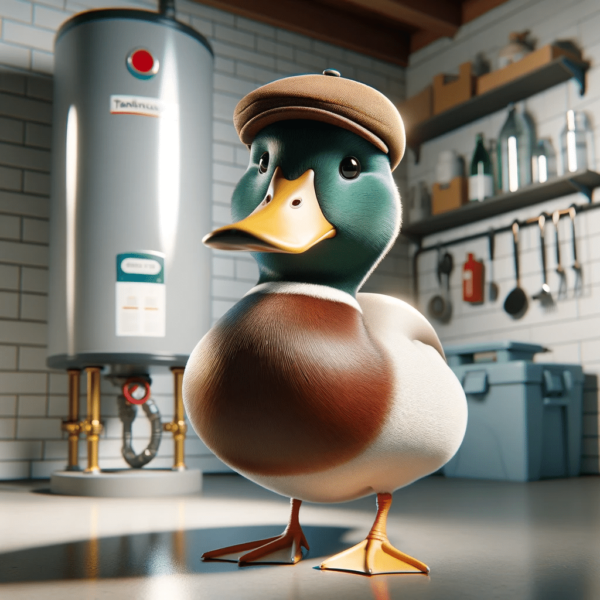Tankless vs Storage Tank Water Heaters: Making the Right Choice for Your Home
Comfort is Always on Call!


Do You Need A Tankless Water Heater Or A Storage Tank Water Heater?
If you’re considering a new water heater, you’ve probably come across two main options: tankless (on-demand) water heaters and traditional storage tank models. Each type has its own set of advantages and disadvantages, and understanding these differences can help you choose the best system for your household’s needs, budget, and long-term goals. Whether you need water heater installation in Buffalo, NY, or the surrounding areas, Emerald Heating & Cooling is here to guide you.
How Tankless and Storage Tank Water Heaters Work
Storage Tank Water Heaters:
These are the traditional models most homeowners are familiar with. They heat and store a large volume of water in a tank, keeping it hot and ready to use. While this ensures instant hot water, it also means energy can be wasted reheating the same water over and over, even when no one’s using it.
Tankless (On-Demand) Water Heaters:
Tankless units heat water only when needed. When you turn on a hot water faucet, cold water travels through the unit and is heated by a gas burner or electric element. This “on-demand” approach eliminates the need for a storage tank, which can reduce both energy usage and monthly utility bills.
Energy Efficiency and Cost Savings
For households looking to cut back on energy expenses, tankless models can be a smart investment. By heating water only as you use it, a tankless water heater can be up to 22% more energy-efficient—especially in homes that use less than 41 gallons of hot water per day. While tankless units often cost more upfront, the energy savings can help offset that initial expense over time.
Lifespan and Long-Term Value
If you’re considering longevity, tankless water heaters have the upper hand. These systems can last 20 to 30 years, nearly twice as long as a typical storage tank heater, which averages around 10 to 15 years. The extended lifespan, combined with ongoing energy savings, often justifies the higher initial cost of a tankless system. You’ll get more years out of your investment, potentially lowering your total cost of ownership.
Space Requirements
Space is a major factor for many homeowners. Tankless units are much smaller and can be mounted on a wall, making them ideal for homes with limited storage. In contrast, storage tank heaters require more floor space. If you’re renovating a small home or adding a water heater to a cramped utility area, a tankless unit might be the better fit.
Installation Complexity
Upgrading from a storage tank to a tankless unit can be a bit more involved. You may need to upgrade your electrical supply or gas lines, and certain plumbing modifications are often required. While this might increase installation costs, working with experienced professionals like our team at Emerald Heating & Cooling ensures the job is done safely and correctly.
Handling Multiple Hot Water Demands
For households that often run multiple hot water fixtures at the same time (for example, showering while the dishwasher is running), a traditional storage tank water heater might be more dependable. Tankless units can struggle to meet simultaneous high-volume demands, potentially leading to lukewarm water if the system is undersized. Larger or multiple tankless units can solve this issue, but that may increase overall costs.
Finding Your Best Fit
Choose a Tankless Water Heater If You Want:
- Better energy efficiency and potentially lower utility bills.
- A longer-lasting system with a lifespan of 20+ years.
- A compact design that frees up space.
- On-demand hot water for smaller households.
Choose a Storage Tank Water Heater If You Want:
- A lower initial purchase price.
- A simpler replacement process for an existing tank system.
- An easier time supplying hot water to multiple fixtures at once.
Expert Guidance in Buffalo, NY, and Beyond
Deciding between a tankless vs. storage tank water heater depends on your home’s hot water usage, budget, and space constraints. If you’re located in Buffalo, NY, or the surrounding areas, Emerald Heating & Cooling offers professional guidance, expert installation, and top-quality products to ensure you make the right choice. Our experienced team can assess your home’s hot water needs and recommend the ideal system for lasting comfort and efficiency.
Ready to Upgrade Your Water Heater?
Contact Emerald Heating & Cooling today to learn more about tankless and traditional water heater options and to schedule an installation. We’re committed to helping you find the perfect solution for your home, ensuring you’ll enjoy reliable hot water for years to come.

